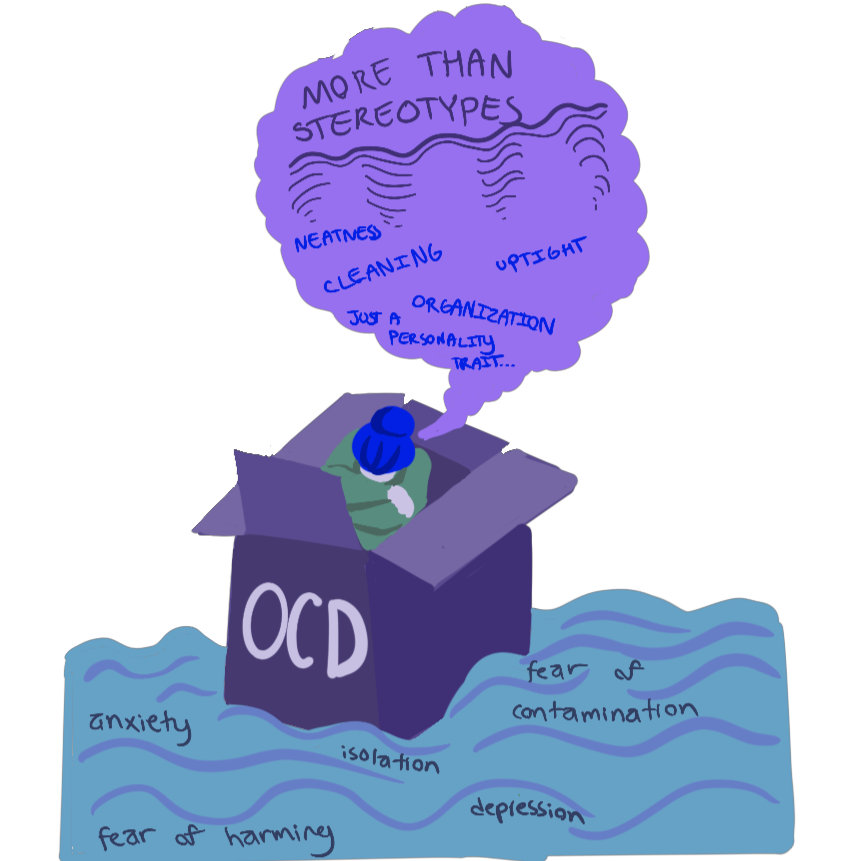Obsessive-Compulsive Disorder
Understanding OCD is the first step towards treatment and recovery. Learn more below.
Almost like Bees buzzing in your head all the time
The constant stress of not knowing whether your concerns are true and logical makes you lose trust in yourself. Worst off, the bad thoughts make you question whether you are a good person. Sometimes they’ll quiet down, but then it starts again, over and over: a cycle of questions, anxiety, and self-hatred.
How much joy have these distracting thoughts taken from you, in work and relationships? Always ruminating on intentions and fearing harm, you end up pushing people away. And all this constant mental buzzing makes it hard to focus on work.
Living with OCD is a torturous cycle of intrusive thoughts, guilt and repeated behaviors to calm the anxiety. But remember, you don’t have to live life in fear. True relief begins with self forgiveness and self compassion. You’re on a journey to find joy again, see the world without fear, and fix broken relationships. It’s a path to freedom, peace, and a life less controlled by OCD.
You’re on a journey to find joy again, see the world without fear, and fix broken relationships. It’s a path to freedom, peace, and a life less controlled by OCD.

Symptoms of OCD

Obsessive-Compulsive Disorder (OCD) involves a loop of distressing, intrusive thoughts and ritualistic behaviors to alleviate anxiety.
OCD symptoms are not a matter of choice; they stem from a neurological disorder, often overwhelming, isolating, and consuming. Despite trying to ignore or suppress these unwanted thoughts, they continue the cycle of increased ritualistic behavior.
OCD usually involve both obsessions and compulsions though only having one type is possible.
Obsessions include recurring, persistent, unwanted thoughts, focusing on themes like contamination fears, doubts, orderliness needs, fears of harm, or unwanted thoughts on aggressive, sexual, or religious topics. Compulsions, on the other hand, involve repetitive actions aiming to alleviate anxiety but providing only temporary relief. They include excessive cleaning, checking routines, counting rituals, strict routines, seeking reassurance, or silently repeating phrases. OCD usually surfaces in adolescence or early adulthood, with symptoms varying from mild to debilitating, often worsening under stress. Its exact cause remains unclear but is believed to result from a mix of genetic, neurological, behavioral, cognitive, and environmental factors.
Though battling this invisible enemy everyday can be exhausting, OCD is treatable, offering the possibility of a life free from its grasp.
Treatment for OCD

Treatment starts with understanding your history and ruling out other conditions.
Care at Godaelli
At Godaelli Psychiatric, we believe in treating the whole person, not just the symptoms.
If you or a loved one is facing the challenges of OCD, remember, you’re not alone. Hand in hand, we will navigate through OCD, exploring patterns, understanding triggers, and developing coping strategies.
